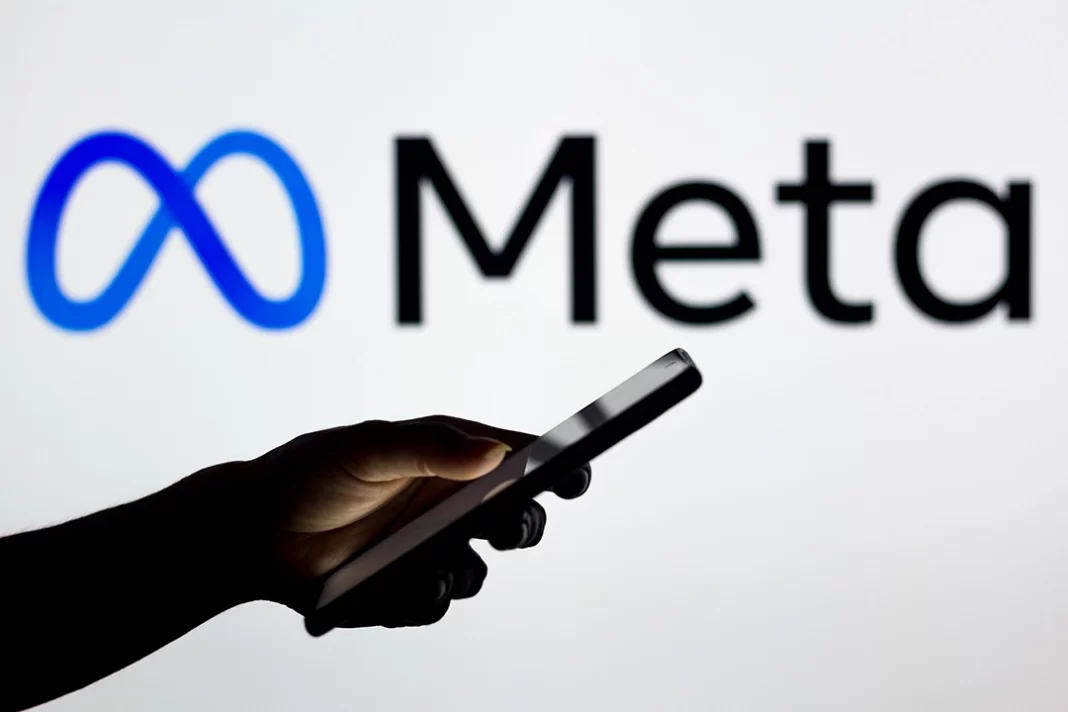Facebook, once a revolutionary platform for connecting the world, is now a hotbed for scams, phishing attacks, and misinformation. Its inability—or unwillingness—to tackle these issues head-on is eroding trust among users and businesses alike. The recent decision by Meta, Facebook’s parent company, to remove third-party fact-checkers and replace them with “Community Notes” raises serious concerns about the platform’s priorities. If Meta does not act decisively, it risks irrelevance in a digital landscape that demands accountability and safety.
A Platform Overrun by Scams
Phishing scams and fraudulent ads have become rampant on Facebook, costing users millions of dollars annually. Recent cases highlight the devastating impact: a Portland couple lost $44,000 to a Facebook phishing scheme, and Australian billionaire Andrew Forrest filed legal action seven months ago against Meta for failing to remove scam ads using his likeness. Investigative reports reveal that Facebook’s ad-driven revenue model incentivises it to allow questionable ads to run unchecked, prioritising profit over user safety.
This negligence is not just anecdotal. A BuzzFeed News investigation exposed how Facebook profits from scam ads while users bear the financial and emotional burden of these fraudulent schemes. The platform’s lack of robust measures against scams is a betrayal of the trust that its vast user base places in it.
Meta’s Questionable Decisions
Mark Zuckerberg’s recent announcement that Meta is replacing third-party fact-checkers with “Community Notes” signals a shift in strategy—and not necessarily for the better. While this move is framed as a return to the platform’s roots of “free expression,” it risks creating a free-for-all environment where misinformation and scams can flourish unchecked. Simplifying policies is one thing; abandoning responsibility is another.
Critics argue that this decision further illustrates Meta’s reluctance to invest in meaningful safety measures. Instead of addressing systemic issues, the company appears to be leaning into a model that prioritises engagement and ad revenue over accountability. For those who rely on Facebook for business or personal use, this shift is alarming.
The Fallout for Users and Businesses
The consequences of Meta’s inaction are already evident. Trust in Facebook is plummeting, with many users migrating to safer platforms. For businesses, particularly those that depend on Facebook for live streaming and news distribution, the platform’s reliability is now in question. Relying solely on Facebook is no longer a viable option. These businesses must consider building their own independent websites and platforms to regain control and ensure sustainability.
As scams proliferate, the long-term damage to Meta’s reputation is inevitable. Users and advertisers alike are beginning to question whether Facebook can continue to serve as a safe and trustworthy digital space. Without immediate action, Meta risks driving away the very communities and businesses that have fuelled its growth.
What Meta Must Do
To restore trust and ensure its survival, Meta must take urgent steps:
- Implement stricter ad vetting and introduce real-time scam detection mechanisms.
- Increase transparency by sharing detailed reports on scam prevention efforts.
- Provide robust education for users on recognising and avoiding phishing attempts.
- Dedicate significant resources to investigating and prosecuting scammers.
Additionally, Meta must recognise that trust is a cornerstone of its business. Neglecting user safety in favour of short-term profits will only accelerate the platform’s decline.
A Final Warning
Facebook’s dominance in the social media space is no longer guaranteed. If Meta continues to prioritise engagement and revenue over safety and accountability, its relevance will fade. For users and businesses, the message is clear: diversify your digital presence, invest in independent platforms, and reduce reliance on Facebook. As for Meta, it’s time to wake up and clean house—or prepare to “go sleep sleep” for good.





